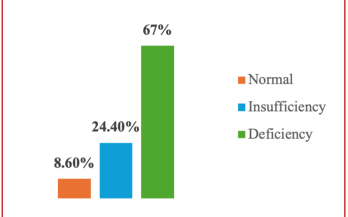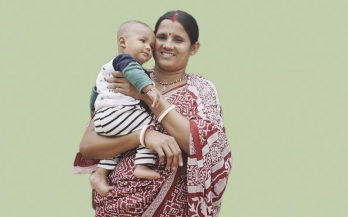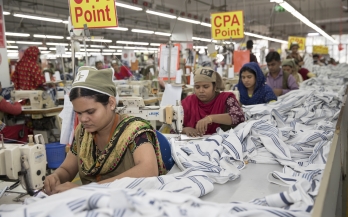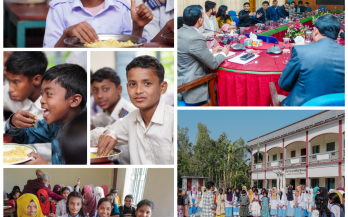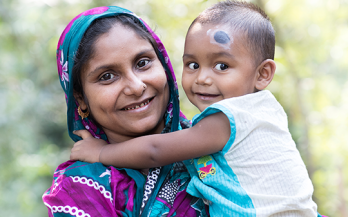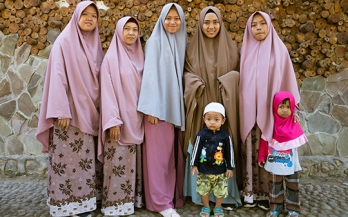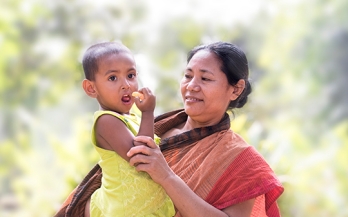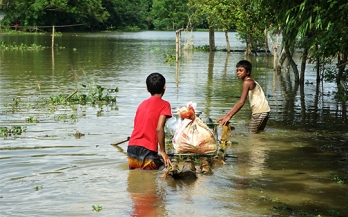Micronutrient deficiencies, particularly those of vitamin D and Folate, are global public health concerns that significantly affect populations in developing regions. Vitamin D deficiency affects over one billion people globally, with 37.3% having serum levels below 50 nmol/L, particularly in sun-limited regions and high-risk populations [1–4].
We are thrilled to share a major milestone in Bangladesh’s journey to improve maternal nutrition: more than 100 million Multiple Micronutrient Supplement (MMS) tablets, marketed under the brand name “FullCare”, have been sold since the launch of the country’s first locally produced UNIMMAP-formulated MMS.
Every day, millions of workers in Bangladesh’s bustling garment factories often face challenges in accessing safe and nutritious food due to long working hours and affordability constraints. Bridging this gap, the Global Alliance for Improved Nutrition (GAIN) pioneered the implementation of workforce nutrition programme - Strengthening Workers Access to Pertinent Nutrition Opportunities (SWAPNO) since 2015. What began as canteen improvements, Fair Price Shops (FPS), and targeted micronutrient supplementation efforts in a handful of factories have now snowballed into a full-fledged national movement.
In the quiet riverine village of Khedabagh, nestled within Lalmonirhat Sadar in northern Bangladesh, every morning begins with the sound of boats on the Teesta River and the determined footsteps of a young boy named Minhajul Islam Bappi, making a difference in the lives of young girls and boys in his village.
Malnutrition and climate change are two of the most pressing challenges facing humanity today – and they are intrinsically connected. While food systems contribute to land degradation and roughly one-third of anthropogenic greenhouse gas emissions, climate change in turn jeopardizes the nutrient quality of staple crops.
Using OpenAI LLM (GPT-4o) and embedding models, GAIN developed a Retrieval-Augmented Generation (RAG)-based chatbot and connected it to a database of 28 publicly accessible food and nutrition policy documents from Bangladesh.
Malnutrition and food insecurity remain a pressing issue in Bangladesh, with significant implications for public health. Despite improvements in agricultural productivity and food security, the country continues to grapple with micronutrient deficiencies (MNDs), particularly zinc deficiency, which affects vulnerable populations, especially women and children.
Read our fourth story in the series on The Food Crisis: What's Happening, a collection of work on the current events and the impact communities are seeing on a global scale. The Food Crisis is affecting everyone socially, economically and nutritionally. Stella Nordhagen, our Senior Technical Specialist discusses the wide reaching ripple effect climate change will cause on out food systems and what actions need immediate attention.
Climate change is already wreaking havoc with food systems, undermining food security and nutrition for millions of people. Few countries will be affected more seriously than Bangladesh.
Maternal nutrition has often been a neglected area and the global burden of maternal undernutrition in low-and middle-income countries remains staggeringly high. An estimated 450 million women have short stature, 240 million are underweight with a body mass index below 18.5, and 496 million are anaemic.
